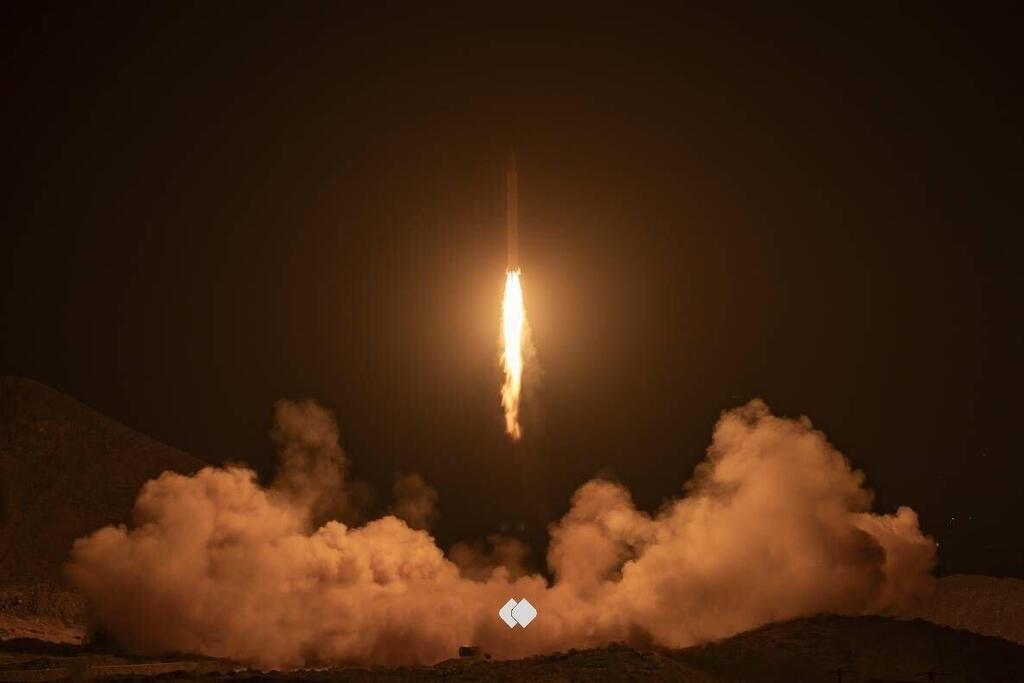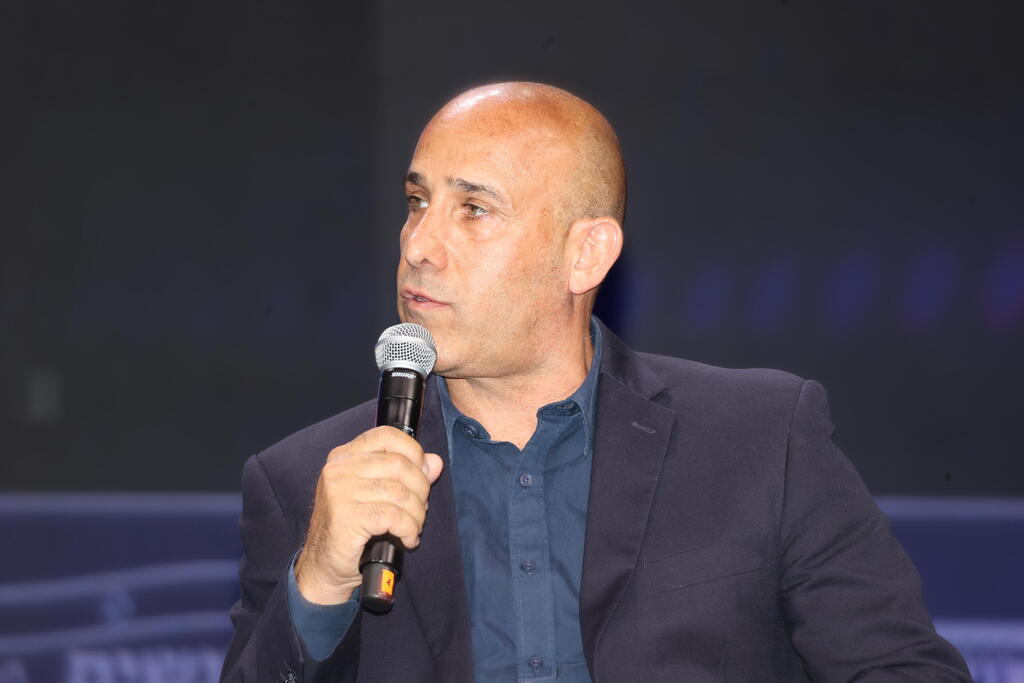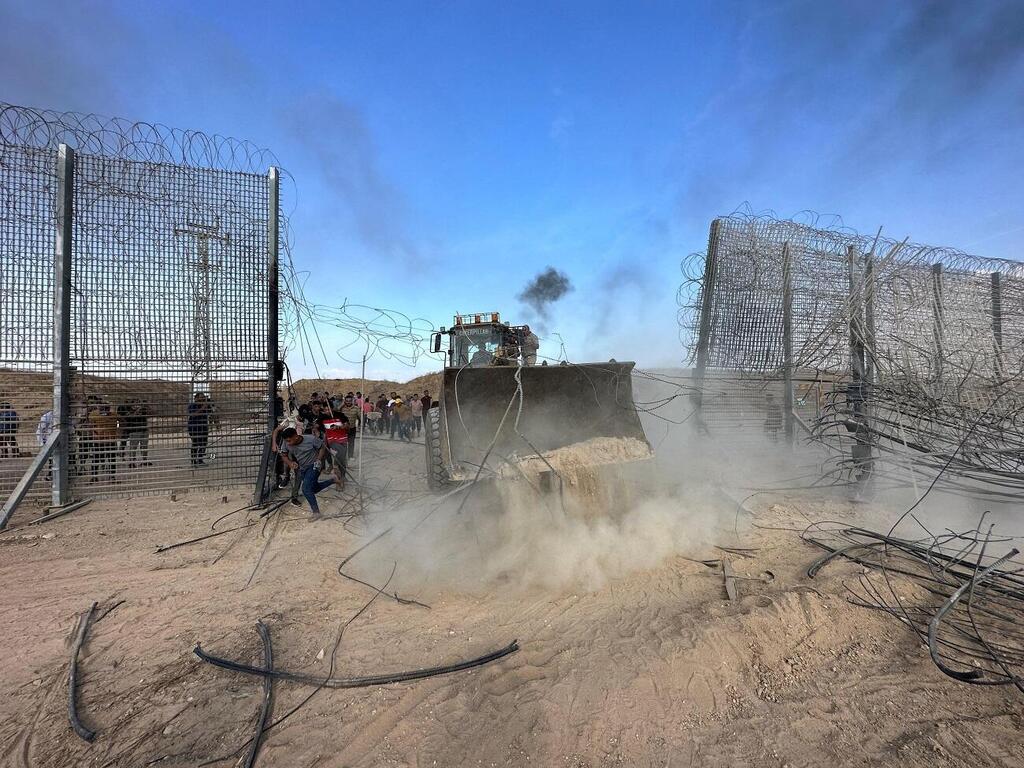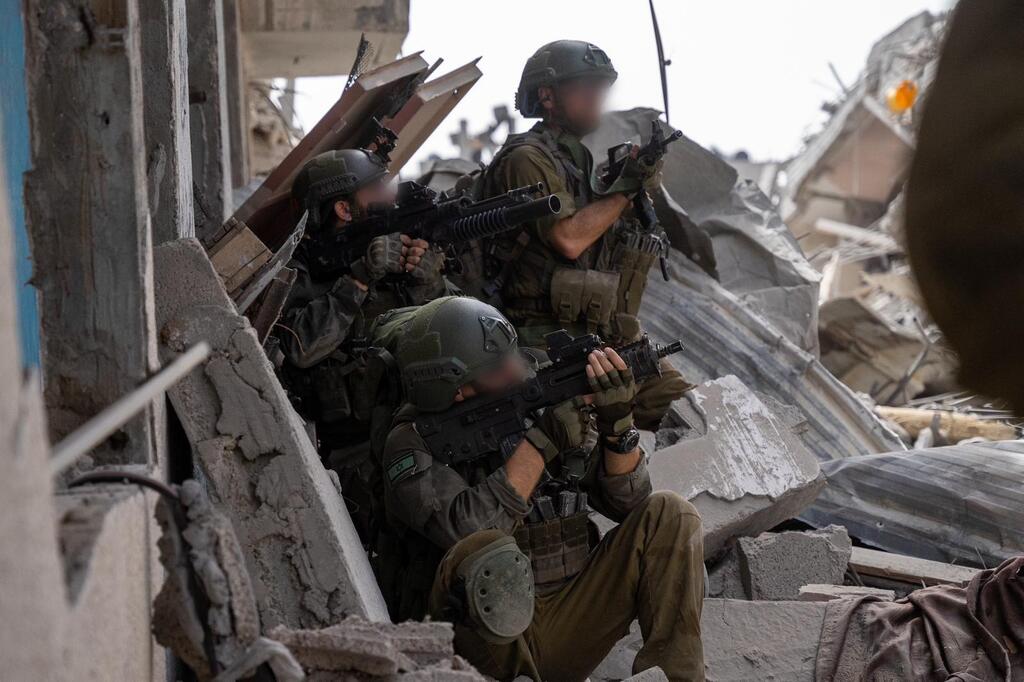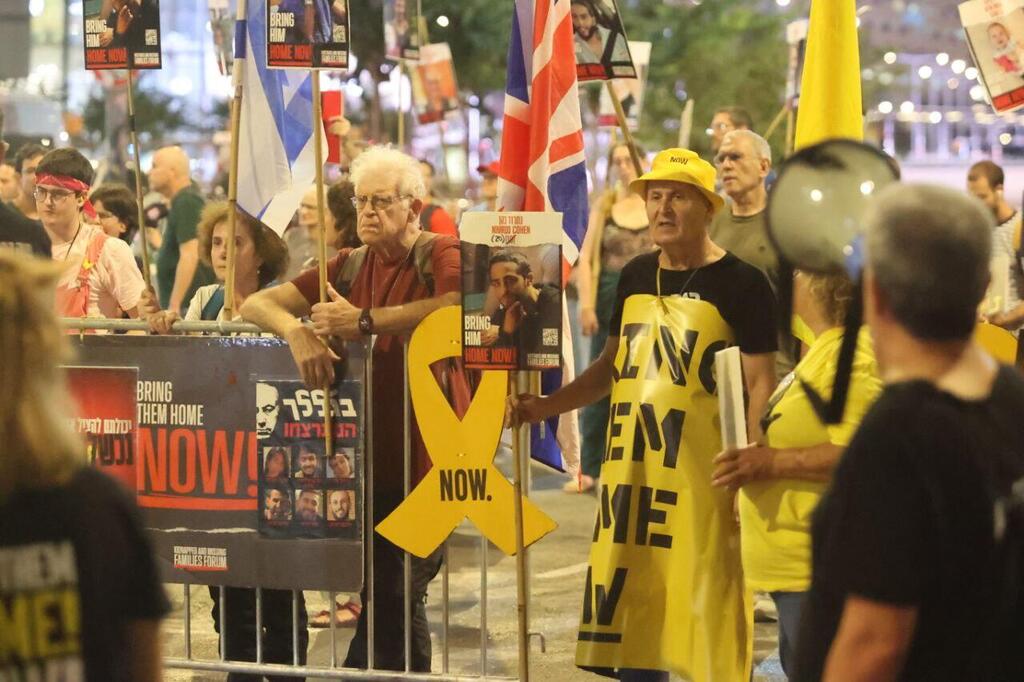The last several days of Israeli military operations in Lebanon have been remarkable. In a matter of days, Israel pulled off the pager plot, killing dozens of Hezbollah members in a highly targeted operation, and took out Hezbollah leader Hassan Nasrallah and numerous other officials in a strike on the group's headquarters. Brig. Gen. (res.) Amir Avivi stated that the situation has been very different since last April.
"The strategy was to focus on Gaza and not open other fronts, the response then was very pinpointed. One month ago Israel reached the point where the terms for the destruction of Hamas were set. Hamas as a military organization is dismantled. Israel was able to shift from the South to the North, understanding that dealing with Hezbollah would mean dealing with Iran."
When asked what kind of response will Israel carry out, Avivi said Israel has been preparing for this for a long time with many different capabilities. It's not just going to be one attack, and not just with airplanes. Israel needs to deal with Iran's nuclear plans.
"The Iranians have Shahab 3, the Sajil, and the Haibar missiles," he explained. "Each ballistic missile carries half a ton of explosives. Ballistic missiles go through space and back to the atmosphere. Israel's Arrow 3 and Arrow 2 deals with it in space. If the Arrow misses the missiles, Iron Dome is the backup." Avivi also said that similarly bold successes against Iran are possible—if the international community is willing to take part.
"Israel at the moment is almost by itself dismantling all the proxies of Iran," Avivi, who heads the Israel Defense and Security Forum, said. "But I think that dealing with Iran, it’s a global issue. It’s a regional issue that should be led by the U.S. What Israel did in seven days against Hezbollah, a global coalition can do in three days in Iran. This is not about boots on the ground. It’s not about spending 20 years in Iraq or Afghanistan. This is about a major airstrike to take out all their major capabilities.”
Doing so would protect "the whole Western society" from a nuclear Iran, Avivi said. Avivi explained the exceptional success of Israel’s recent military efforts against Hezbollah by noting the extensive planning that went into them. "Israel has been preparing for 18 years for a war in the north and really building amazing capabilities," he said.
The planning paid off over the past several days as Israel carried out what Avivi called a shock and awe military strategy in Lebanon. "This is what Israel has done," he said. "And at the peak of this amazing process, the toppling of all the leadership of Hezbollah in their main headquarters, destroying completely, really, the heart of the command and control of Hezbollah and eliminating Nasrallah himself. I think that the whole world, certainly the Middle East, is looking at it amazed and shocked."
But eliminating Hezbollah’s leadership may not be enough to secure Israel’s northern border. “We need to really dismantle the whole organization. And in order to bring back safely the 60,000 Israelis who have been displaced for so long, 11 months, we need to push Hezbollah out of south Lebanon,” he said.
The violence in northern Israel, Avivi said, is the result of an international failure to enforce UN Security Council Resolution 1701, the resolution that ended the 2006 Israel-Lebanon War and made Hezbollah's presence in southern Lebanon illegal. "We have all the right to do everything needed to really restore security to Israel. And I think that at the moment, the only realistic, theoretically speaking, the only force that can really impose 1701 is Israel," he said.
If Hezbollah does not surrender, Israel will carry out a ground operation in Lebanon to destroy Hezbollah's infrastructure and create a buffer zone, Avivi said. "When the Israeli citizens return home, they need to see IDF on the other side. They need to see Israeli flags," he said. “They need to know they’re safe, that they’re not going to experience a danger like the south on the 7 of October."
Avivi said that Israel’s biggest challenge, the threat of a nuclear Iran, still lies ahead. He called on Israel’s allies to take action against Iran. So far, securing American support has been complicated. Avivi confirmed that the U.S. was not made aware of plans to assassinate Nasrallah before he was taken out, but that President Joe Biden and Vice President Kamala Harris expressed their support after the fact.
One key point of contention between the U.S. and Israel is the question of a cease-fire. "The cease-fire doesn’t work for Israel," Avivi said. "We need to win decisively on all fronts and eliminate these dangers on our borders. A cease-fire is not going to solve our problems."
He called on the U.S. to get behind the Israeli effort to eliminate the threats facing it, including the Iranian threat. "The administration needs to understand Israel is not going to stop until we really win in this war," he said.
As the northern front continues to develop, the war in Gaza is also nearing the one-year mark. Avivi listed three goals the Israeli military has for Gaza: dismantling Hamas as a military and governmental entity, returning all the hostages, and creating a reality in Gaza where forces like Hamas cannot come to power.
So far, Israel has managed to dismantle Hamas as a military entity, Avivi said. That achievement is made clear by the fact that Hamas has not fired a single rocket into Israel in response to Nasrallah’s assassination.
However, Hamas still exists as a governing body and 101 hostages are still held in Gaza. "We have a lot to do yet in Gaza, and one of the things we need to do is really take control of the humanitarian aid, prevent this aid from Hamas, make sure that it goes only to citizens, and start doing a siege on areas where there are no citizens while supplying the citizens in the humanitarian zone," Avivi said. "But do a siege on the terrorists, really get them to surrender and not continue their aggression."
According to Channel 12, Israeli intelligence knew at one point where Hamas leader Yahya Sinwar was but chose not to target him due to hostages being in his proximity. Avivi said he could not confirm that report. "I do know that Israel is doing everything to really find him and also everything to release the hostages," he said.
Avivi said that the war in Gaza was "not a win" at this point. "Winning is achieving the goals of war," he said. "We haven't achieved all of them yet."
"Enhance the military pressure on Hamas, deal with the humanitarian aid, and eventually I think there will be victory and we’ll bring back our hostages," he said.
While noting that Israel’s current focus is in the north, Avivi said that he expects continued military pressure will eventually break Hamas and result in the release of the remaining hostages.
"I think that what’s happening in the north will impact dramatically also the south," he said. "I mean, when Hamas sees the way Israel is destroying Hezbollah, they understand that it’s game over for them. They hope that the original war will shift everything in their favor, and it’s working exactly the opposite."
Avivi's vision for Gaza the day after the war involves leadership by local clans, without the involvement of Hamas, Palestinian Islamic Jihad, or the Palestinian Authority. Israel will continue to have security oversight of Gaza to ensure that new terror armies don't spring up, he said, noting that the process of dismantling terror infrastructure and deradicalizing the population will take years.
For now, as the war in Gaza enters its second year, many Israelis still want to know why Israel was not prepared for the Hamas invasion, especially after witnessing the very capable plan carried out in Lebanon. Avivi said that hyperfocus on the northern threat was part of what allowed October 7 to happen.
"Israel really thought that the main war would be in the north and not in the south, and didn’t prepare properly," he explained. "We’re paying for this, and it’s a big lesson for the next time to understand that we really need to be prepared on all fronts, invest intelligence on all fronts, and not allow a terror army to attack us like that."
Get the Ynetnews app on your smartphone:


